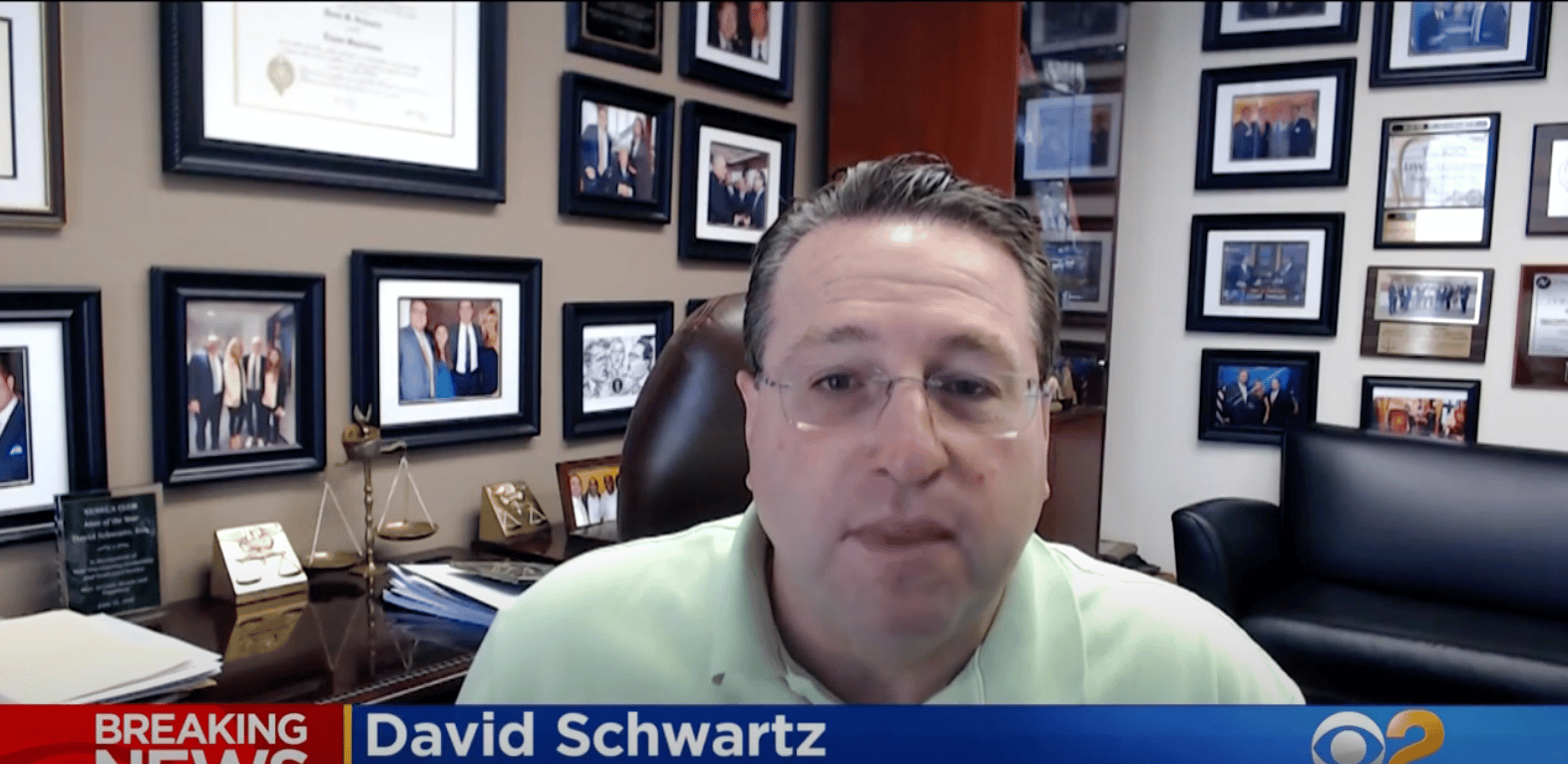Dispute Between Pal-O-Mine Horse Farm, Which Provides Therapy For The Disabled, And The Village Of Islandia, Heats Up
By Jennifer McLogan
ISLANDIA, N.Y. (CBSNewYork) – A horse farm on Long Island that provides therapy for the disabled is in the midst of a legal battle over its land and designation.
The controversy between farm and village has been brewing for years.
As CBS2’s Jennifer McLogan reports, it’s a unique horse farm in Suffolk County, where special needs children and adults care for animals, receiving acceptance and love in return.
“Companionship, confidence and responsibility,” said Pal-O-Mine camper Timothy McEnroe. He’s been coming to Pal-O-Mine since he was 12.
“It’s a place we know where he’s safe. He’s being challenged, not judged,” said his father Greg McEnroe.
But some of the relief families express is turning to concern. The nonprofit farm, founded 27 years ago in Nassau County, moved to Suffolk in 2007, and leaders say, when they tried to expand, met roadblocks from the nearby village of Islandia.
“Rather than try to seek proper permits and legalize its ongoing expansion, Pal-O-Mine has continued to ignore New York state supreme court determinations,” said a spokesman for the mayor.
According to that spokesman, the village has said it wants a parcel of the farm’s 13 acres for public works vehicle parking, is challenging it’s recently approved designation as an agricultural district, and says the farm is renting homes on the site.
That’s something Pal-O-Mine Executive Director Lisa Gatti denies. She said Pal-O-Mine is eager to work with the village.
“We own four properties that are all contiguous, so by taking one, it would separate us … And it wouldn’t be advantageous to our children and adults who are in wheelchairs, or gate trainers, or visually impaired,” Gatti said.
There are as many as 400 weekly clients, which include disabled, survivors of abuse, and war heroes with PTSD.
“You can come here and partake in therapy. You can come here to volunteer. You can come here just to be here,” said former Marine Thomas Hayes.
Hundreds of volunteers and multiple donors make it work.
“It’s very emotional, because you see not only the reward of the kids, but the parents,” said donor Leslie Logue.
Currently, there’s no resolution between village and farm.





